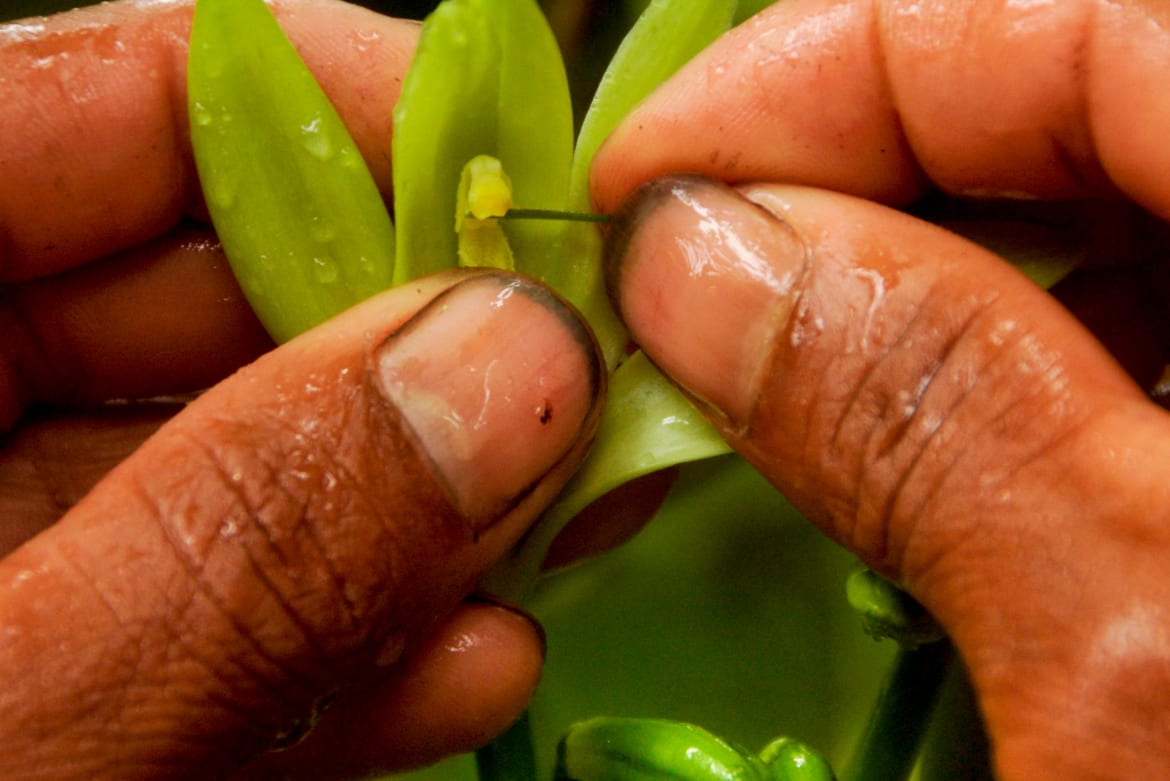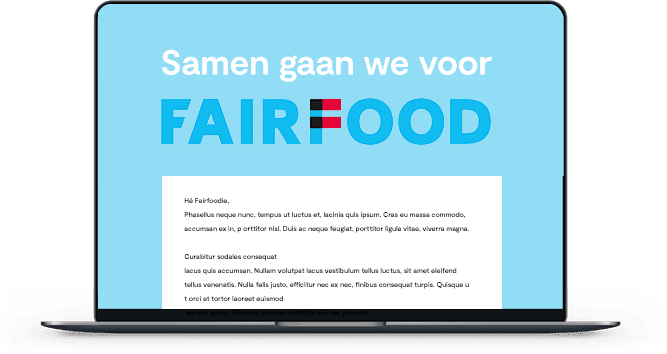Fixing our food system
Making all of our food fair… Where do you start? On this page you can find the sectors in which Fairfood is already active
30 million cups
All Dutch coffee drinkers combined drink over 30 million cups of coffee per day. Seems like a successful industry, right? For some, yes, but for the farmers not so much; they earn less than 1,60 euros per day.

Dangerous work for little money
On average, smallholder coconut farmers have 4 hectares of land. With that they earn as little as 170 euro per year if they have no other source of income.
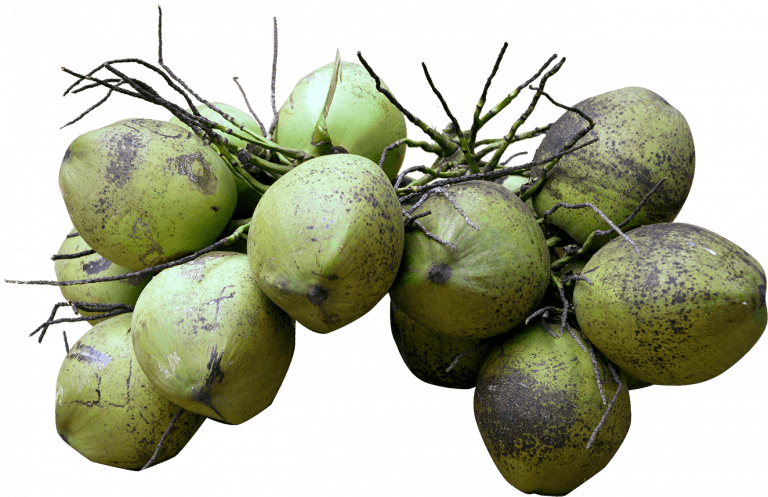
No escape from the poverty cycle
There’s no escaping the poverty cycle in the Moroccan tomato sector. Pickers earn around 5,60 euro a day. In order to earn a living wage they would have to earn three times as much.
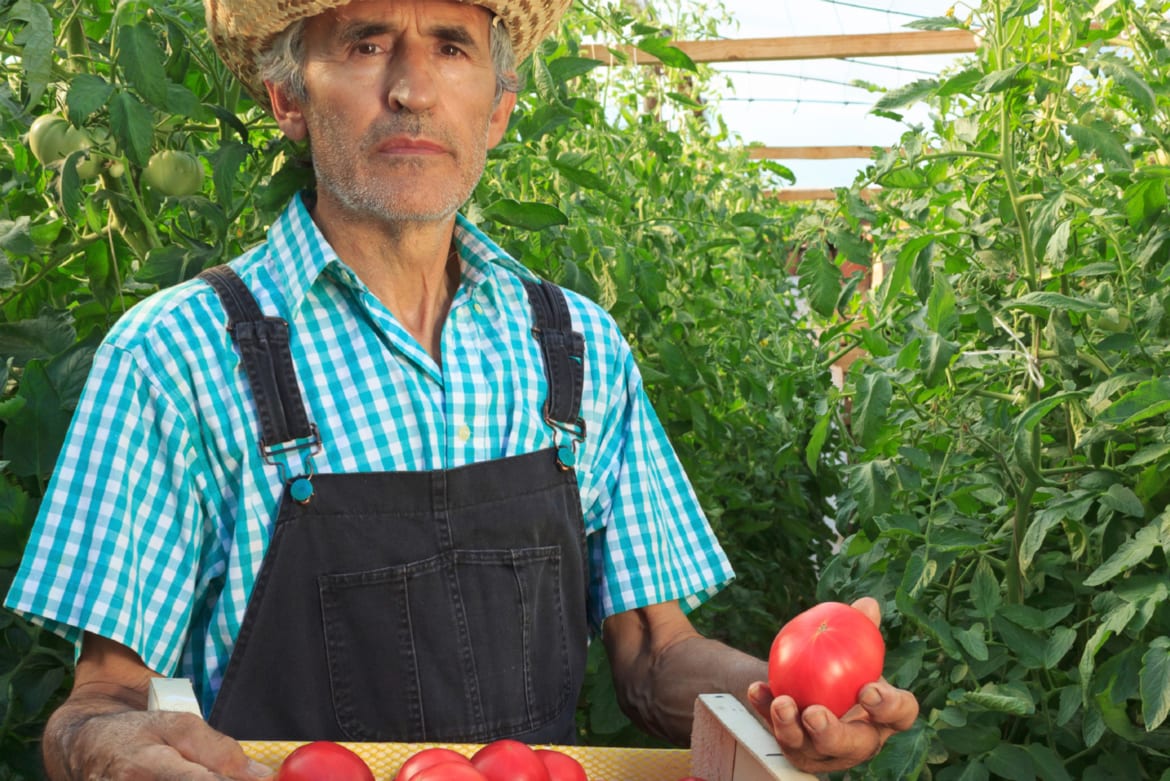
We have work to do
A lot of issues persist in the shrimp industry. We mapped out the issues so we can start working towards change.

Suffering from hunger in a thriving industry
Even though the pineapple industry brings a lot of prosperity to the Philippines, it’s not the workers on the fields who are profiting. They have little to no work security and receive hunger wages.
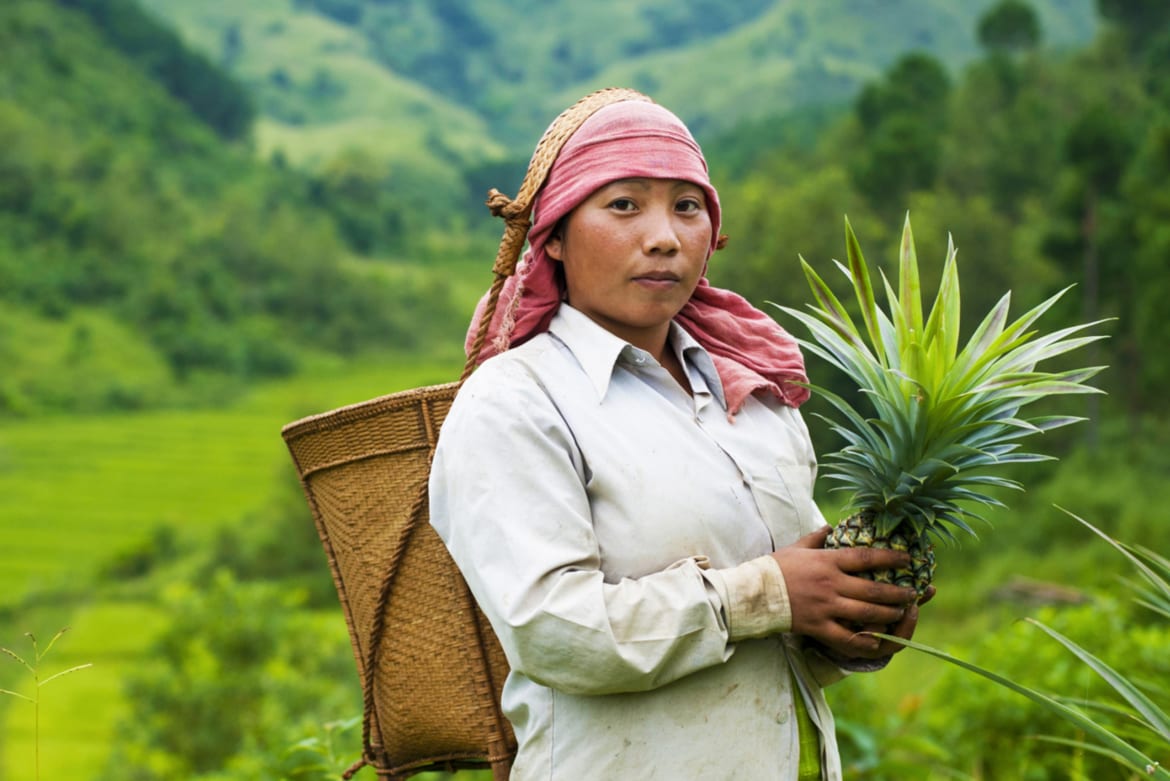
The problem with sugar
In the last decade, the emergence of Chronic Kidney Disease of non-Traditional Causes (CKDnT) has killed about 20.000 workers in the sugarcane industry in Central America. The illness is caused by dehydration, heat stress and exposure to agrochemicals.
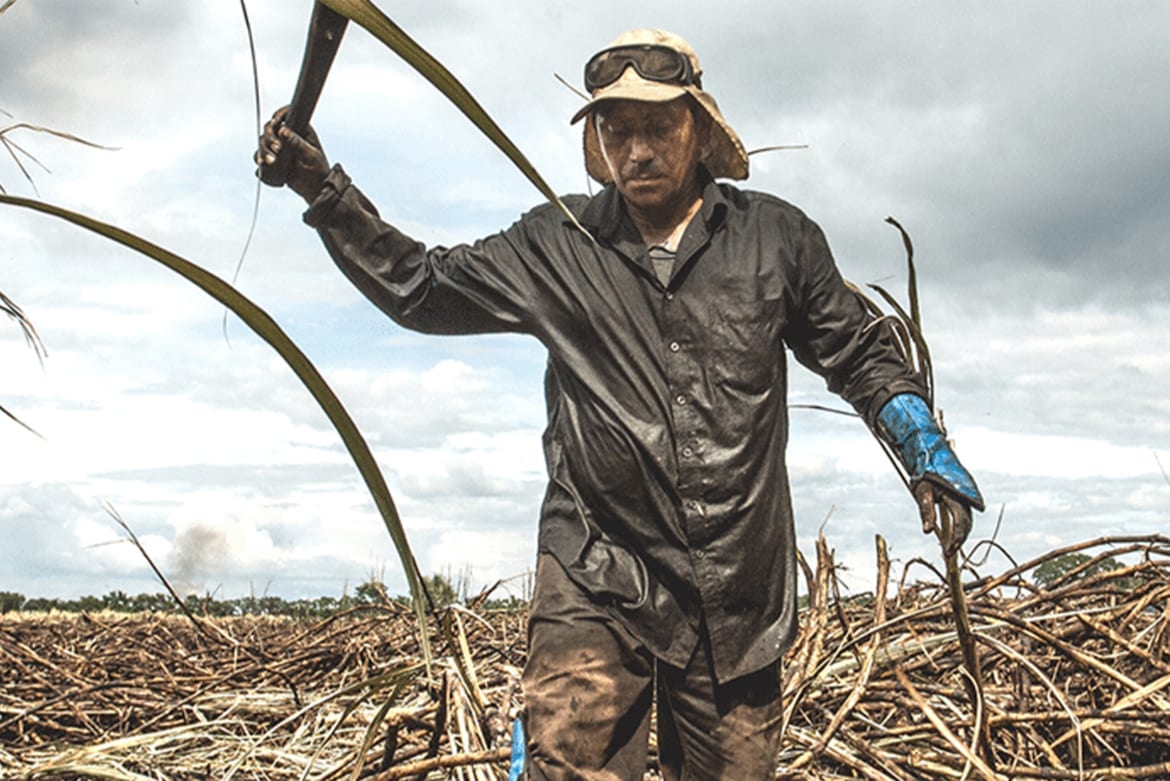
Making little profit in a thriving industry
Vanilla is one of the most expensive spices on earth. Still, many of the people growing it make less than 1 euro a day and suffer extreme income insecurity.
